When I first visited Ventura, I failed to notice China Alley… even though it was less than 50-feet away from the area I explored. This part of Ventura’s history is hidden behind brick buildings, tile fountains, and somewhat obscured behind the mists of time. However, it’s there, you just need to know where to look.
People from the Canton province in China started to arrive in Ventura in the 1860s. They escaped hardship and the violence of the aftermath of the Second Opium Wars. They were labourers, launderers, servants, businessmen, hard workers, and when they started their life in California it was relatively peaceful because the people of Ventura welcomed a new source of cheap labour that could be used in railway construction and later in gold mining.
This peace did not last very long. As with the rest of California, Chinese residents quickly began to face hostility, persecution, and outright racism that lasted well into the 20th century. Neighbours and former employers formed anti-Chinese Leagues. The city imposed a cruel $15 quarterly tax on Chinese owned laundries, which is unreasonable considering that a well-paid soldier during the First World War would make $1 a day. These immigrants were eventually confined to a small community along Figueroa Street near Mission San Buenaventura.
In the 1880s, this tiny community formed its own fire brigade when they discovered that the city citizen firefighters would not respond to fires along China Alley. This Chinese brigade was so efficient and quick to respond that they often were the first on the scene of fires outside their own community. There is a small museum dedicated to the history of the firefighting community located along China Alley.
By 1906, everyone in the Ventura community was gone and this portion of the city was razed and rebuilt.
All of this history comes out of research done by the Ventura County Chinese-American Historical Society, who have made it their mission to research, discover, record, publish, and memorialize the history of Ventura’s Chinese population. Archaeologists have also unearthed snippets of China Alley’s past through artifacts (pottery, bottles, opium pipes, coins) that are on display at the Ventura County Museum of History and Art.
Beyond all these fragments of history, the stories still remain and continue to be told and shared with the community. Some are depicted on a mural that runs along the Southside of Figueroa Street.
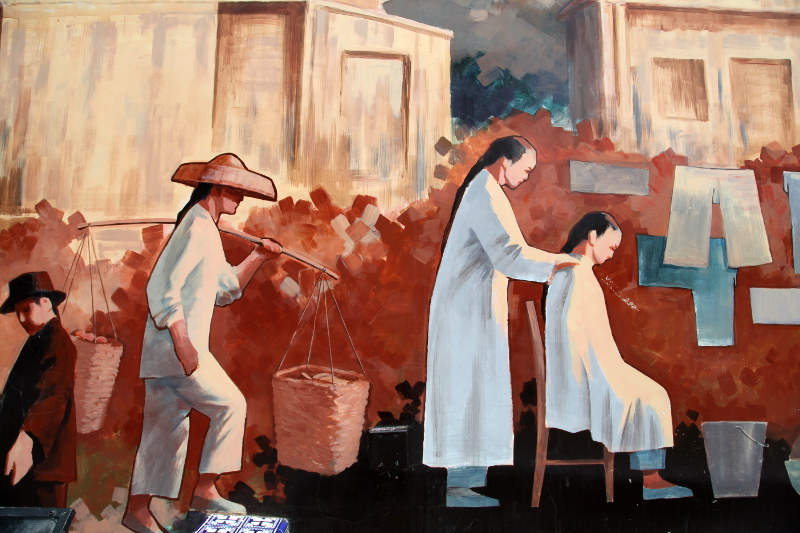
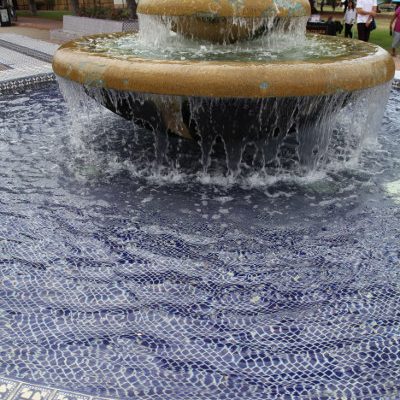
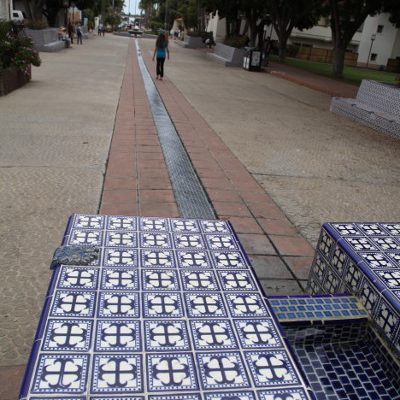
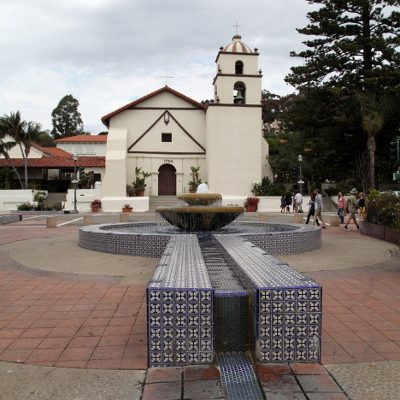
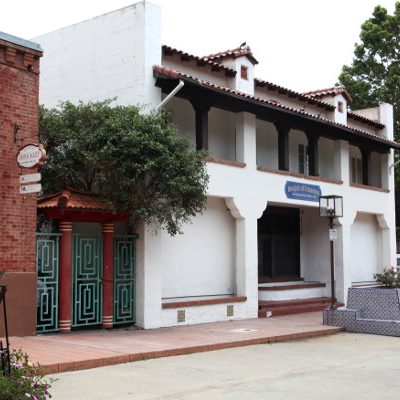
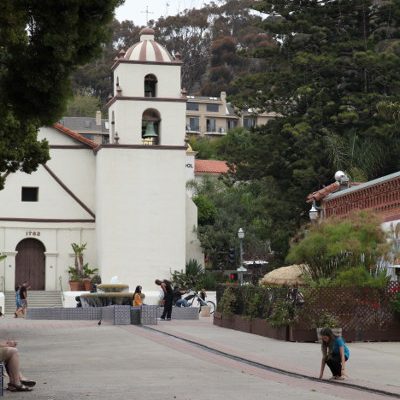
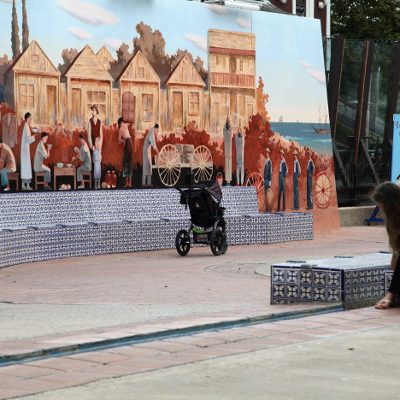
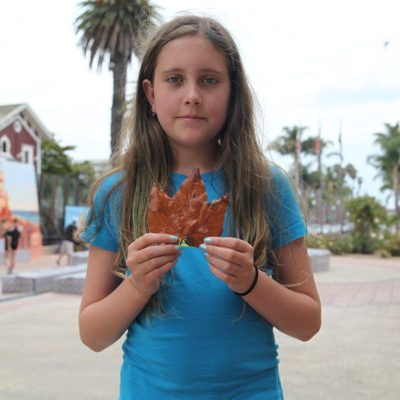
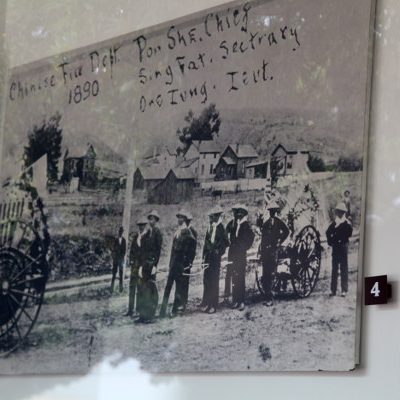
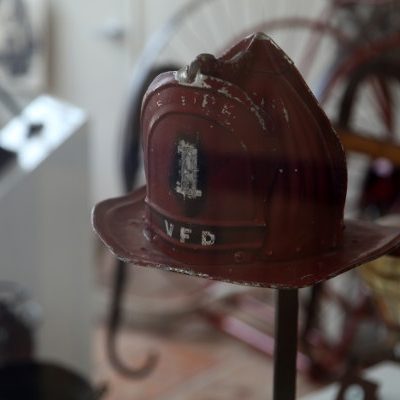
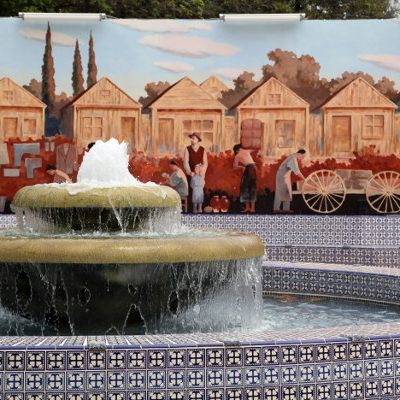
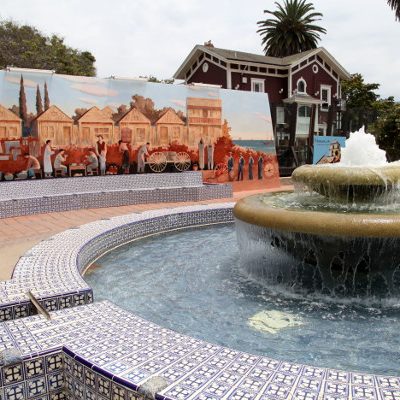
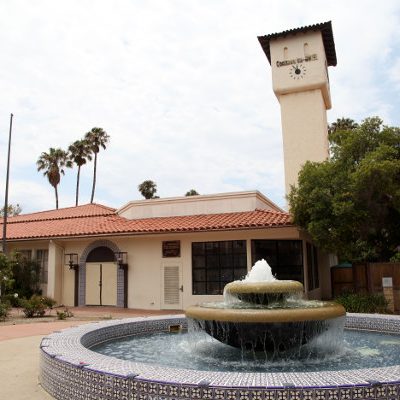
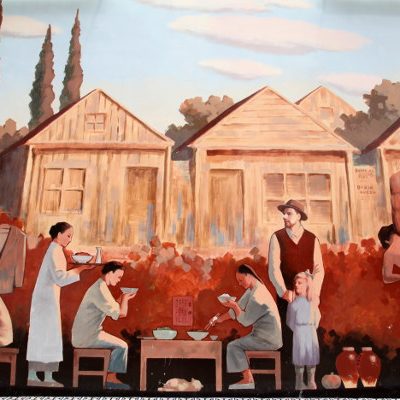
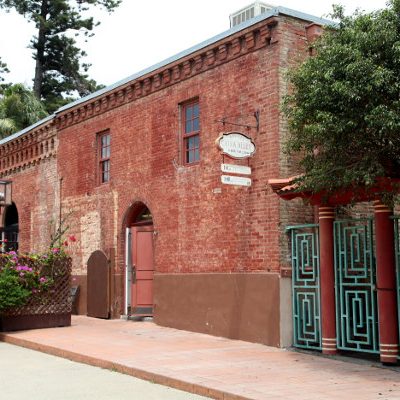
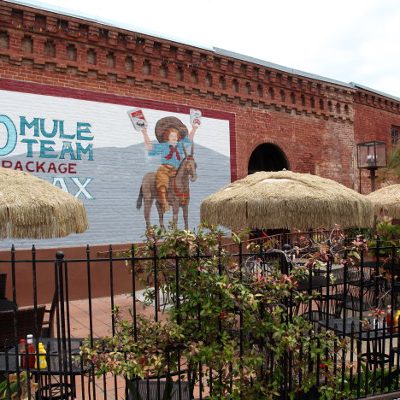
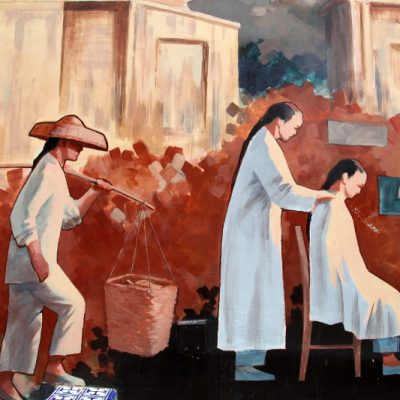
0 comments on “Ventura’s Sui Mon Gong”Add yours →